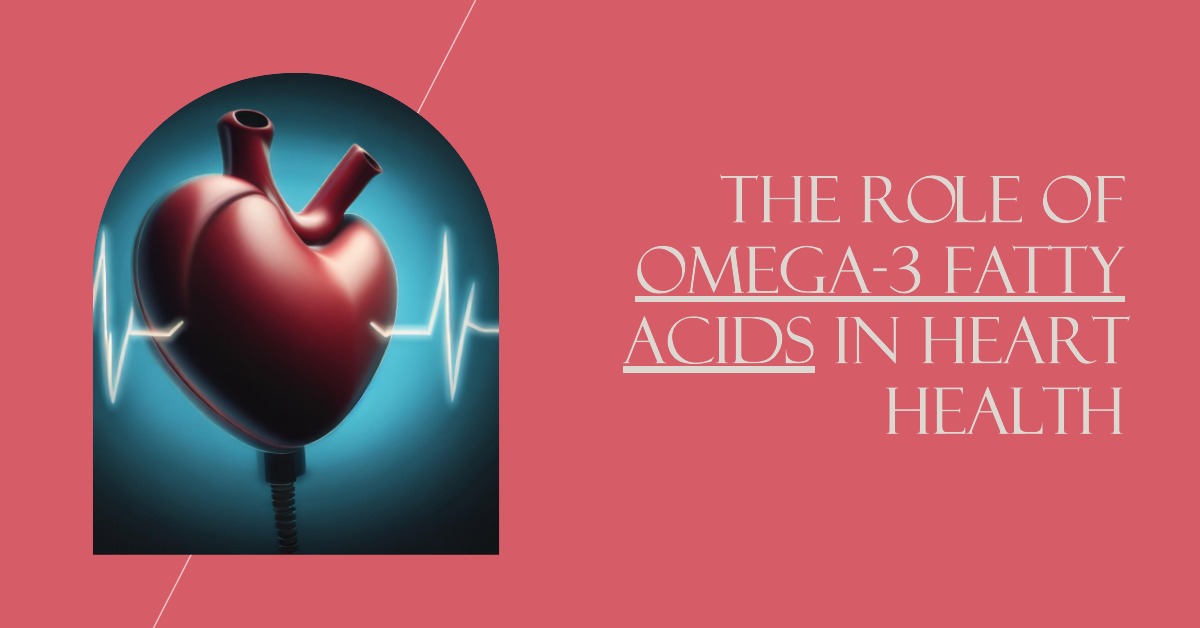
Is It Ever Too Late to Begin Nose Breathing?
Breathing is an essential bodily function we often take for granted. Most people breathe through their mouths by default without thinking twice about it. But more and more research shows nose breathing offers profound benefits compared to mouth breathing.
Nose breathing filters, warms and humidifies air before it reaches your lungs. It also slows your breathing rate, increases nitric oxide and stimulates the parasympathetic nervous system – all boosting health and wellbeing.
So when is it too late to make the switch to nose breathing? Can adults reap the same benefits as those who have nose breathed since childhood?
It’s Never Too Late to Begin Nose Breathing
The short answer is no, it’s never too late to begin nose breathing. Adults can gain significant advantages by transitioning to nose-only breathing.
Here are some of the top benefits possible:
- Improved oxygen intake: Nose breathing humidifies and filters air, removing toxins and irritants. This allows your body to extract oxygen more efficiently.
- Enhanced sports performance: Slower nasal breathing creates greater oxygen absorption compared to fast mouth breathing. This can boost endurance, recovery and results.
- Better sleep: Nose breathing increases carbon dioxide intake which boosts sleep quality. It also lowers stress hormones that disrupt rest.
- Greater focus and concentration: Nasal breathing activates the parasympathetic nervous system, bringing calm, focus and clarity of thought.
- Less snoring and sleep apnea: Mouth breathing is linked to snoring and sleep disorders. Nasal breathing often reduces these issues.
- Stronger immune function: Breathing through the nose traps pathogens and brings immune cells in contact with inhaled particles, boosting immunity.
- Improved dental health: Reduced mouth breathing helps prevent dry mouth, gum disease, tooth decay and crooked teeth.
- Less anxiety and depression: Nose breathing lowers the stress hormone cortisol and activates the relaxed parasympathetic response.
- Normalized blood pressure and heart rate: Slow, nasal breathing sends messages to the brain to keep these numbers in a healthy range.
Making the Switch from Mouth to Nose Breathing
Transitioning from habitual mouth to nose breathing takes time and commitment. But with practice, it can become automatic.
Here are some tips to get started:
- Set reminders to nose breathe throughout the day until it becomes habitual.
- Notice when you mouth breathe and consciously switch back to the nose.
- Practice belly breathing exercises focusing on slow nasal inhales and exhales.
- Try nasal breathing strips at night to keep nasal passages open.
- Identify triggers for mouth breathing like stress or exercise and tackle them.
- Consider speaking to an ear, nose and throat doctor if nasal obstruction is an issue.
Be patient and persistent. It takes time to undo decades of mouth breathing habits. But sticking with it pays dividends for health.
5 Key Times to Maintain Nasal Breathing
Make an effort to nose breathe during these five situations for optimal results:
1. During Aerobic Exercise
It’s tempting to gulp air through your mouth when pushing your body. But nasal breathing enhances performance and endurance.
2. While Sleeping
Mouth breathing during sleep strains the airway, dehydrates the mouth and disrupts rest. Nose breathe instead.
3. When Stressed
Shallow mouth breathing ramps up stress hormones while nasal breathing activates a relaxed state.
4. In Cold or Dry Air Environments
Breathing cold, dry air through the mouth increases infection risk. Nose breathing humidifies and filters air instead.
5. During Concentration or Focus
Nasal breathing enhances alertness, attention and cognition compared to mouth breathing.
A Few Relevant Questions
How long does it take to re-learn nose breathing?
It typically takes 2-4 months of consistent practice to re-train the automatic habit of mouth breathing. But the benefits begin straight away.
Is it possible to nose breathe during intense exercise?
With practice, nasal breathing is possible during any activity. Some people even manage to nose breathe during sprints or strength training.
Can nose breathing help anxiety or panic attacks?
Yes, nose breathing is an effective way to activate the parasympathetic nervous system and reduce anxiety or panic symptoms.
Does nose breathing work for snoring or sleep apnea?
Nasal breathing reduces snoring and sleep apnea for many people as an alternative to mouthguards or machines. Results vary.
Are there medical conditions that prevent nose breathing?
Certain medical conditions like nasal polyps or a deviated septum can obstruct airflow. See an ENT specialist if nose breathing is problematic.
In summary, it’s never too late to begin nose breathing. With commitment, adults can retrain lifelong mouth breathing habits and experience transformative benefits. Prioritize nasal breathing during sleep, exercise, concentration, stress and illness to maximize gains. Consistent practice makes perfect – start today.




